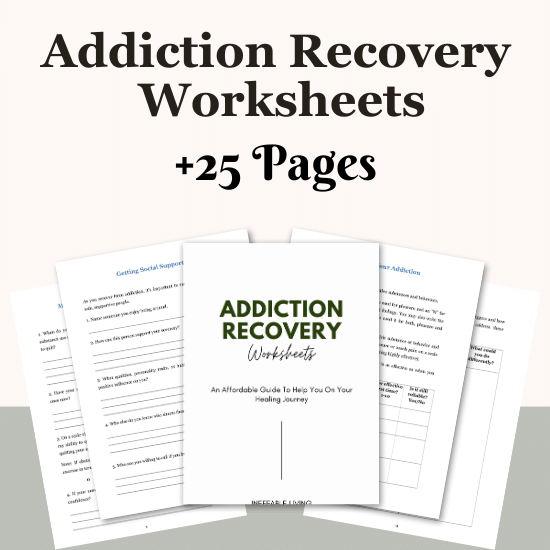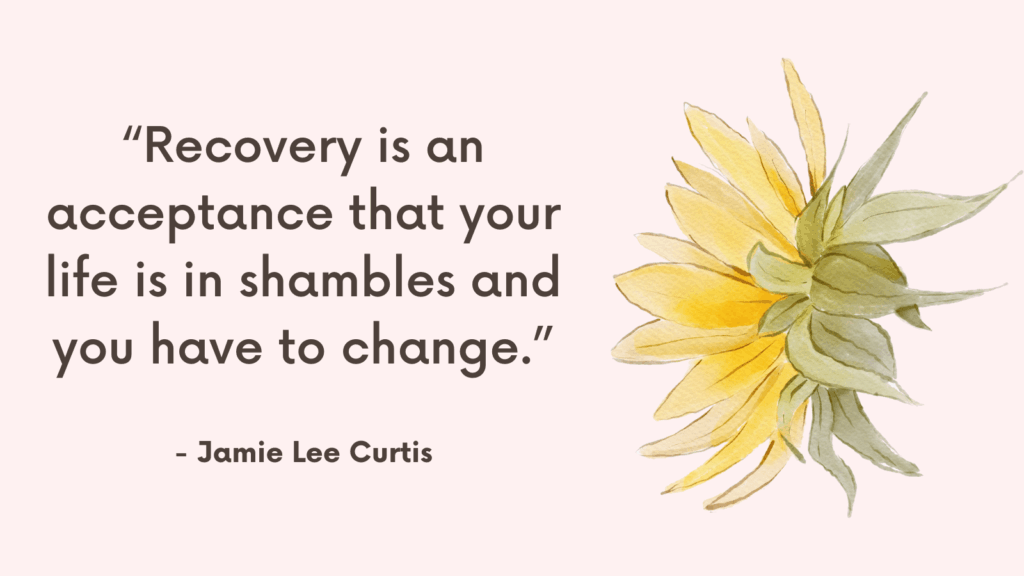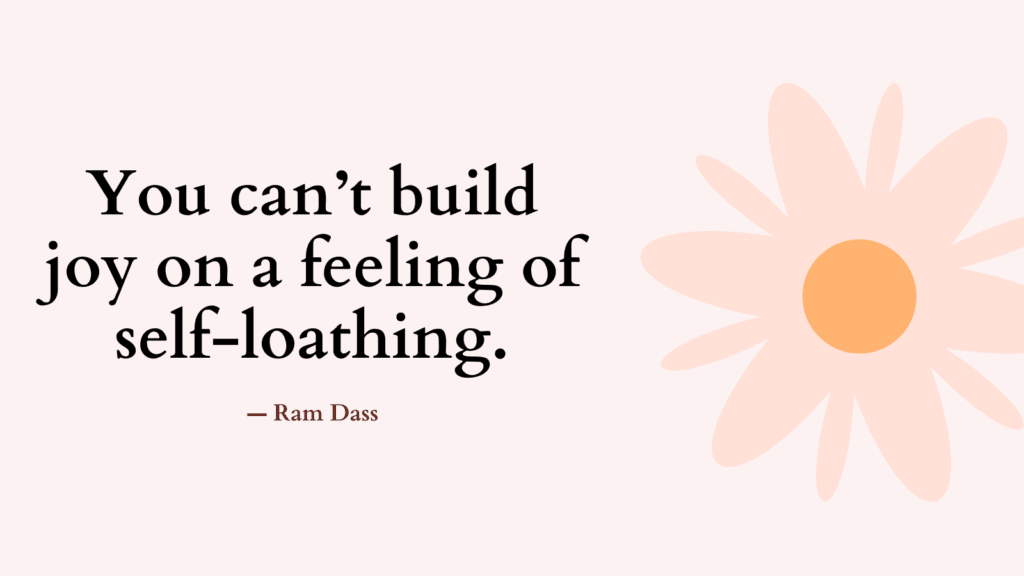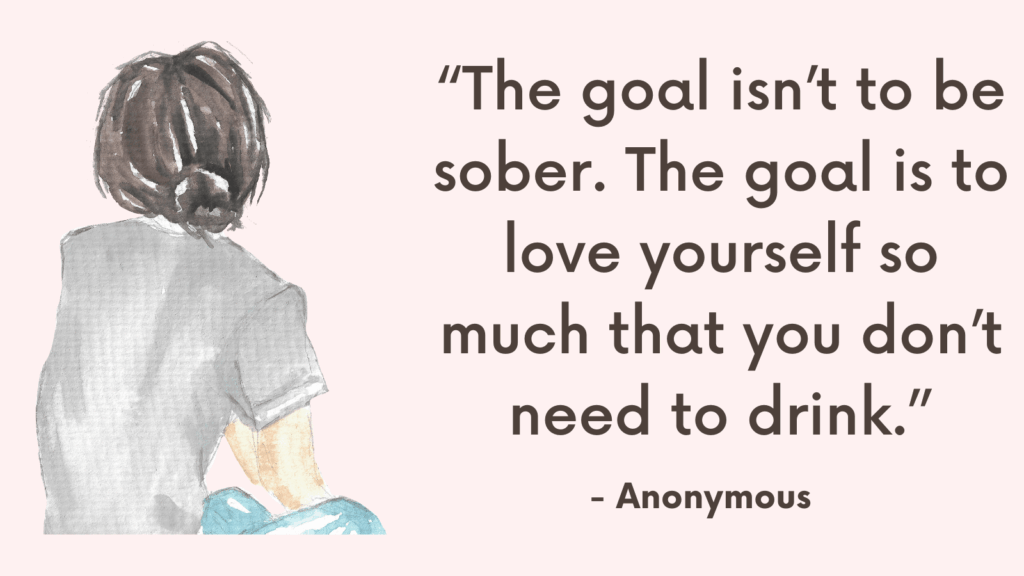In this post, you’re going to learn how to help someone with a porn addiction
What Is Pornography Addiction?
Pornography addiction refers to an individual’s compulsive and excessive consumption of pornographic material, leading to negative consequences in various areas of their life.
This behavior is characterized by a lack of control over the consumption of pornography, continued use despite adverse effects, and preoccupation with sexual fantasies and imagery to the extent that it interferes with daily functioning and well-being.
The potential negative consequences of pornography addiction can extend beyond the individual’s personal well-being and may impact their relationships, mental health, and overall quality of life.
Signs of Porn Addiction
It’s important to note that these signs are not definitive proof of addiction, but rather potential indicators that warrant further consideration and evaluation by a mental health professional. Here are some common signs of porn addiction:
1. Preoccupation with Pornography: The individual may spend an excessive amount of time consuming pornographic material, often to the detriment of other responsibilities and activities.
2. Loss of Control: They may express difficulty in controlling their consumption of pornography, such as unsuccessful attempts to cut back or stop despite a desire to do so.
3. Escalation: Over time, the individual may require a greater frequency or intensity of pornographic material to achieve the same level of arousal or satisfaction, leading to an escalation in the type and amount of content consumed.
4. Impact on Daily Life: The addiction may interfere with their daily functioning, including work, relationships, and personal responsibilities. They may neglect obligations in favor of consuming porn.
5. Withdrawal Symptoms: When unable to access pornography, the individual may experience emotional distress, agitation, irritability, or anxiety, indicating a psychological dependence on the material.
6. Continued Use Despite Negative Consequences: Despite experiencing negative consequences such as relationship conflicts, decline in performance at work, or legal issues related to pornography consumption, the individual may continue engaging in this behavior.
7. Secrecy and Shame: The individual may exhibit secretive behaviors surrounding their pornography use, hiding their consumption patterns and feeling shame or guilt about their habits.
8. Decreased Interest in Other Activities: As the addiction progresses, the individual may lose interest in previously enjoyable activities and hobbies, instead prioritizing their consumption of pornography.
Related: Porn Addiction Test (+Best 6 Tips On How To Get Free From Porn Addiction)
How to Help Someone with a Porn Addiction?
Helping someone with a porn addiction can be a delicate and challenging process. It’s important to approach the situation with empathy, understanding, and support.
1. Educate Yourself
Before approaching the individual, it’s crucial to educate yourself about porn addiction.
Understand the psychological, emotional, and physiological aspects of addiction.
This will help you approach the situation with empathy and knowledge.
2. Open Communication
Initiate an open and non-judgmental conversation with the individual.
Express your concerns in a compassionate and supportive manner.
Encourage them to share their thoughts and feelings without fear of being criticized or shamed.
Related: Top 10 Books On Porn Addiction
3. Offer Support
Let the individual know that you are there to support them through their recovery journey.
Offer to listen to their struggles and provide reassurance that they are not alone in this process.
Make it clear that you are willing to help them seek professional support if they desire.
4. Encourage Professional Help
Suggest the idea of seeking professional help from a therapist or counselor who specializes in addiction.
Support the individual in finding a qualified professional who can provide tailored treatment and support for their specific needs.
5. Explore Triggers
Help the individual identify their triggers for consuming porn.
This could include stress, boredom, loneliness, or other emotional factors.
Encourage them to recognize these triggers and develop healthier coping strategies to manage their emotions.
Related: How to Break the Addiction Cycle? [Definitive Guide]
6. Cultivate Healthy Habits
Encourage the individual to engage in healthy activities and hobbies that promote well-being and fulfillment.
Physical exercise, mindfulness practices, and social connections can help fill the void left by excessive porn consumption.
7. Establish Boundaries
If the individual is comfortable, work together to set boundaries around their access to pornographic content.
This could involve using internet filters, accountability software, or establishing screen-free zones in their living space.
Related: What Is Emotional Addiction & How to Overcome It
8. Address Underlying Issues
Explore any underlying emotional or psychological issues that may be contributing to the addiction.
Trauma, low self-esteem, or relationship difficulties could be influencing factors that need to be addressed in therapy.
9. Foster Connection
Encourage the individual to seek meaningful connections and relationships outside of their online activities.
Building supportive friendships and engaging in social activities can provide a sense of belonging and reduce the urge to turn to porn for comfort.
10. Practice Patience and Understanding
Recovery from addiction is a complex and non-linear process.
Be patient and understanding as the individual navigates through the challenges and setbacks.
Celebrate their progress and provide encouragement along the way.
Related: How to Avoid Addiction? Top 9 Things You Can Do

Conclusion
Supporting someone with a porn addiction requires patience, empathy, and ongoing support.
Encouraging professional help and offering a non-judgmental space for open communication can make a significant difference in their recovery journey.



